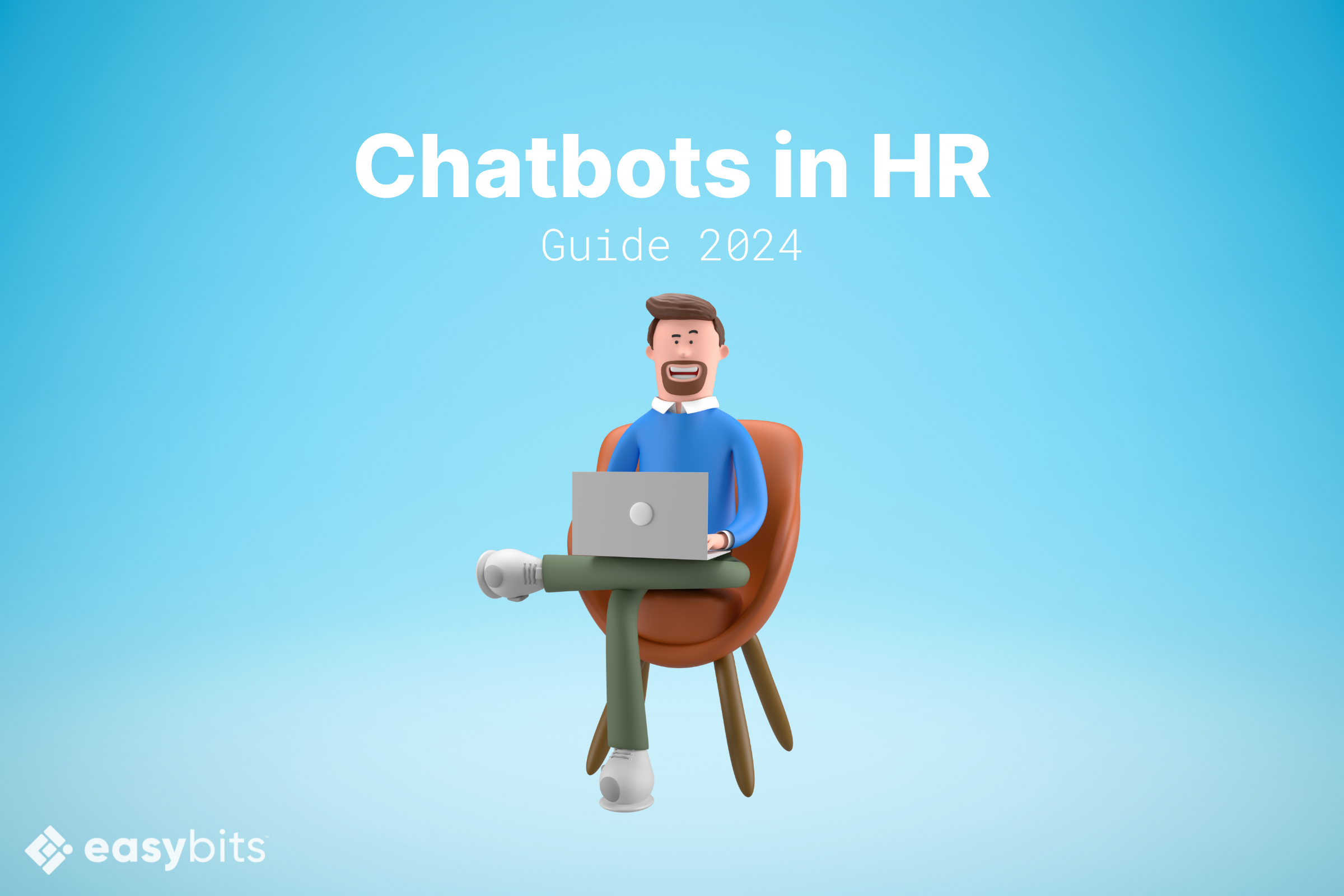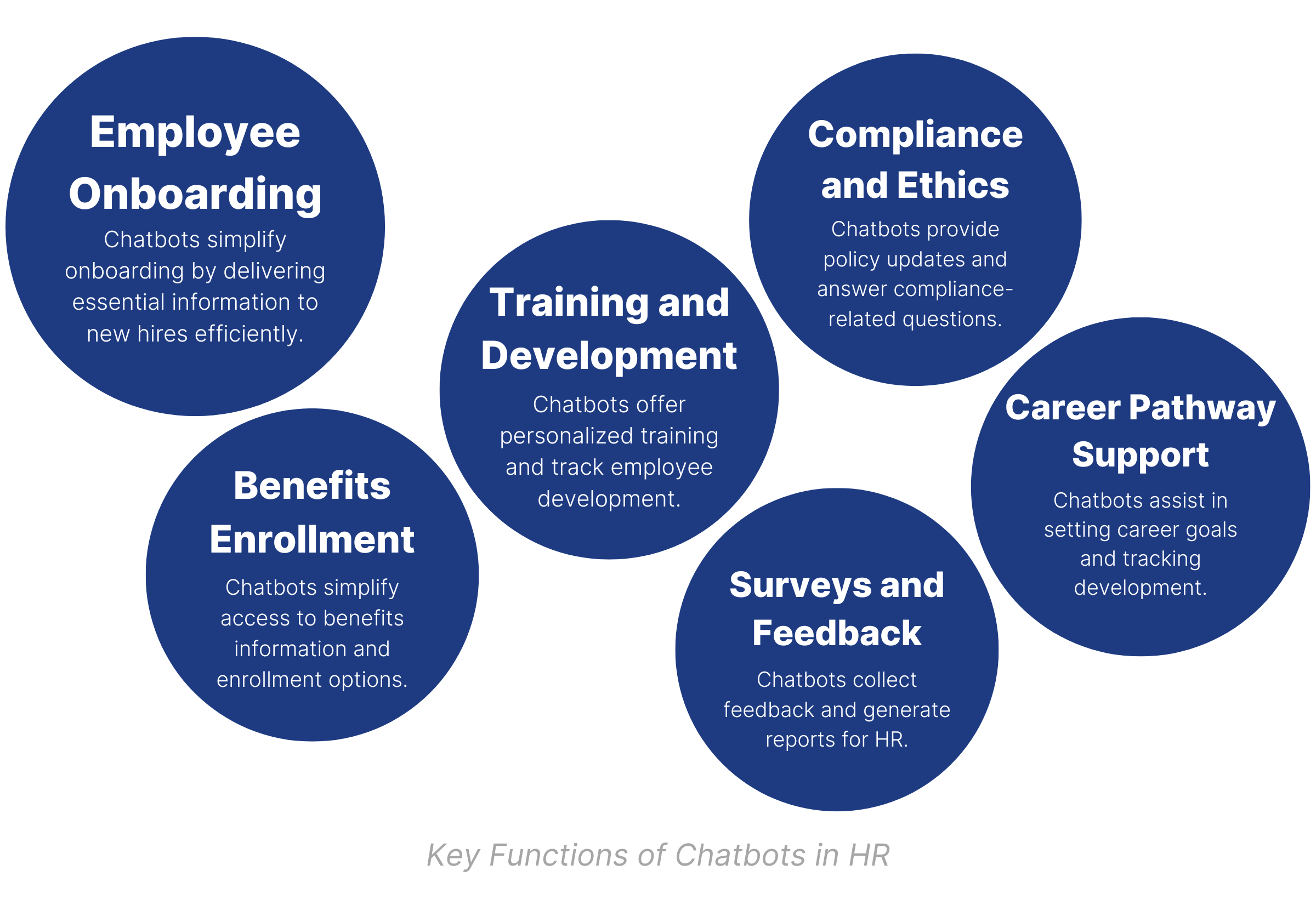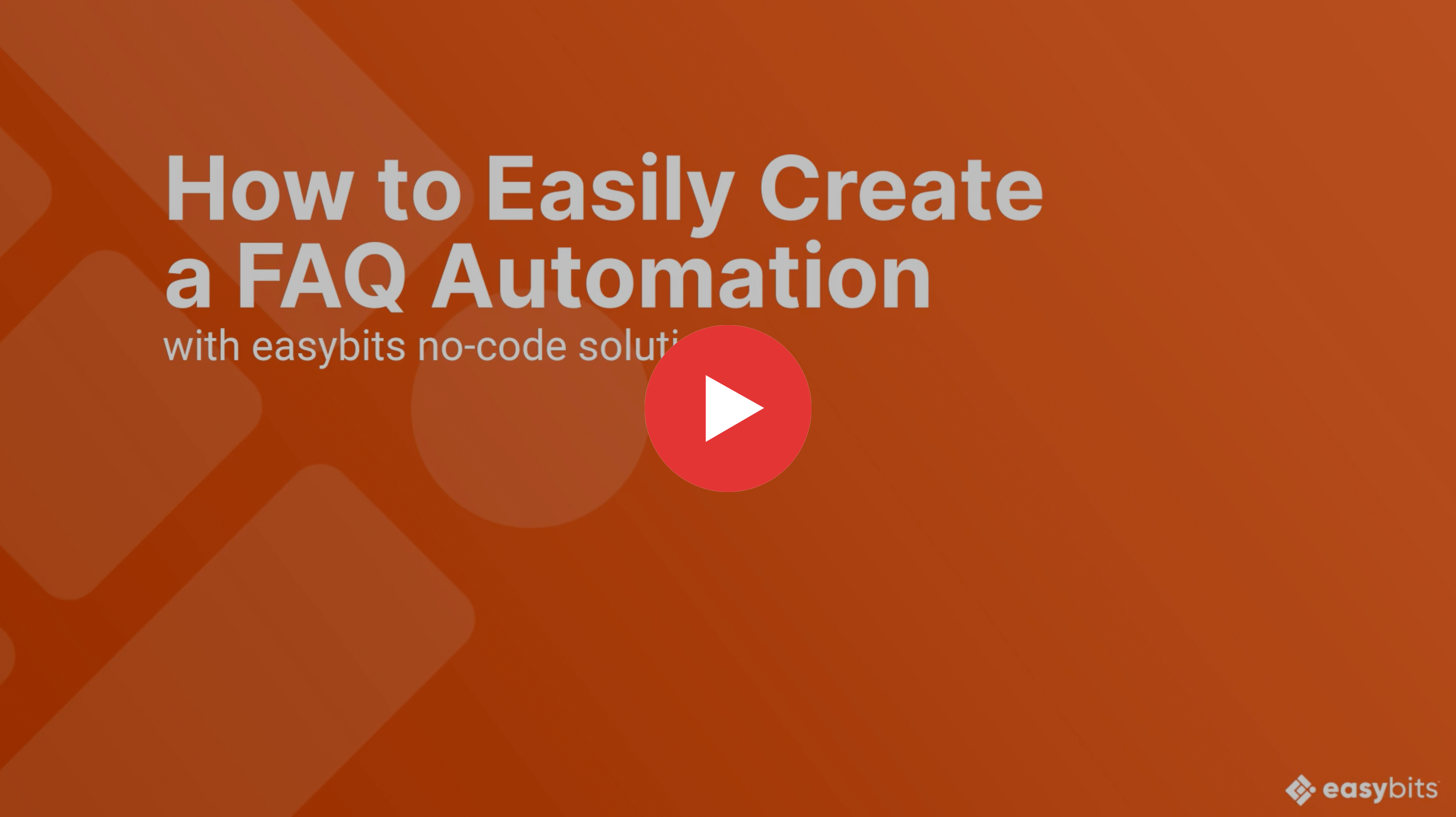Chatbots in HR: Revolutionizing Human Resource Management

In today’s digital age, HR departments are increasingly turning to technology to streamline operations, reduce administrative burdens, and improve employee engagement. With the high demand for skilled professionals and the growing trend of job hopping, employee retention has become more challenging, pushing HR teams to adopt innovative solutions.
One such solution is the use of chatbots, powered by artificial intelligence, which Gartner predicts will manage 75% of HR inquiries by conversational AI platforms in the near future. These tools enhance the efficiency of HR processes, saving time and resources while providing employees with instant access to information and support. This article explores how chatbots are revolutionizing HR, outlining their key functions, benefits, and best practices for successful implementation.
Key Functions of Chatbots in HR
HR chatbots play an essential role in automating routine tasks while improving the overall employee experience. Here are some of the key functions that chatbots perform within HR departments:

Employee Onboarding
Chatbots can streamline the onboarding process by providing new hires with essential information such as company policies, training materials, and introductions to team members. This not only allows employees to get up to speed quickly but also ensures a smooth and consistent onboarding experience, even as the company scales. With chatbots, businesses can maintain high-quality onboarding for all new hires, regardless of growth in hiring volumes.
Training and Development
Chatbots can also serve as valuable tools for ongoing employee development. They can offer training modules, recommend relevant courses based on an employee’s role or career path, and track completion of necessary training sessions. This personalized approach helps employees stay on top of their professional development.
Compliance and Ethics
Sharing company policies, values, and ethical guidelines is crucial for ensuring employees adhere to corporate standards. Chatbots can regularly provide updates on compliance regulations and quickly answer employee questions related to ethics or workplace policies.
Benefits Enrollment
Chatbots can assist employees with benefits enrollment by providing instant access to information about health insurance, retirement plans, and other company benefits. This reduces confusion and makes it easier for employees to select the right options for their needs.
Career Pathway Support
For employees looking to advance their careers, chatbots can assist by helping set career goals, suggesting development opportunities, and tracking progress over time. This fosters employee growth and retention by making career progression clearer and more structured.
Surveys and Feedback
Collecting employee feedback is critical for HR departments to measure engagement and identify areas for improvement. Chatbots can conduct surveys, gather feedback, and generate reports for HR teams to act on, streamlining the feedback process and ensuring timely responses.
By automating these tasks, chatbots free up HR professionals to focus on more complex, strategic initiatives while providing employees with instant support and guidance.
Benefits of Using Chatbots in HR
Integrating chatbots into HR systems provides a range of benefits that can transform how departments operate:
Time and Cost Savings
By automating tasks such as recruitment, onboarding, and answering employee questions, chatbots significantly reduce the workload on HR teams. This allows HR professionals to concentrate on more strategic tasks like talent management and employee development. The automation of routine tasks not only saves time but also cuts down operational costs. According to a study, 93% of HR managers already using AI tools believe these technologies contribute to cost savings. As a result, fewer HR personnel are needed to handle these functions, leading to increased efficiency and reduced expenses.
Enhanced Employee Experience
Chatbots are available 24/7, ensuring that employees receive immediate answers to their questions without waiting for HR office hours. This constant availability enhances employee satisfaction by providing support whenever needed, whether it’s a query about payroll or help with navigating company policies. With a user experience so seamless that 73% of candidates can’t distinguish between interacting with a bot or a human, chatbots deliver personalized, instant responses that contribute to a smoother, more responsive employee experience.
Improved Accuracy and Consistency
Unlike human interactions, chatbots provide consistent responses every time. This eliminates errors in information delivery and ensures that employees receive uniform answers to their queries, particularly on policies or benefits. With chatbots, HR teams can maintain accuracy across all employee interactions, reducing miscommunication and misunderstandings.
Scalability
As businesses grow, so do HR demands. Chatbots can scale easily to handle an increasing volume of employee inquiries without compromising service quality. Whether a company has 50 or 5,000 employees, chatbots can support HR operations efficiently, ensuring a consistent experience for everyone.
Which Companies Benefit Most from Chatbots in HR?
Not all businesses will have the same needs when it comes to HR chatbots, but several types of organizations stand to benefit the most from implementing them:
Large Enterprises with High Employee Volumes
For companies with thousands of employees, managing HR inquiries and tasks can become overwhelming. Chatbots offer a scalable solution, handling everything from recruitment to leave management, ensuring employees’ needs are met efficiently and consistently.
☝️ Did you know?
McDonald's transformed its hiring process with a chatbot, reducing the time to hire from 21 days to just 7.5 days and cutting interview scheduling from 3 days to 3 minutes. This innovation doubled their application numbers and boosted candidate satisfaction to 99%, while also saving managers 4-5 hours of manual work each week.
Airbus introduced Bessie, a chatbot that enhances the global recruitment process by handling 60% of candidate questions outside regular hours. With Bessie, Airbus engages with 12,000 job seekers monthly and manages 74% of all inquiries, allowing HR to concentrate on more complex tasks.
Growing Startups and SMEs
Startups and small to medium-sized enterprises (SMEs) often operate with lean HR teams. Chatbots can help these businesses scale their HR operations without the need for hiring additional staff, automating tasks such as recruitment, onboarding, and employee support.
Companies with Remote or Distributed Workforces
For companies with employees spread across different locations or time zones, chatbots are invaluable. They provide 24/7 support, ensuring that remote workers have access to HR services at any time, regardless of their location.
Industries with High Turnover Rates
Sectors like retail, hospitality, and customer service typically have high employee turnover, which means constant recruitment and onboarding. Chatbots can help these industries streamline these processes, saving time and resources by handling repetitive HR tasks automatically.
Technology-Forward Companies
Organizations that prioritize digital transformation and operational efficiency will find chatbots a natural fit. These companies often lead the way in adopting AI-driven solutions, and integrating chatbots into HR is an extension of their commitment to innovation.
Common Challenges in Implementing HR Chatbots
While the benefits of HR chatbots are clear, there are also challenges that businesses must navigate.
Some employees may be reluctant to engage with chatbots due to concerns over privacy or fear of automation replacing human jobs. Addressing these concerns is crucial for a smooth implementation. Ensuring that data privacy and security are top priorities can help build trust among employees.
Implementing a chatbot involves integrating it with other HR software, such as applicant tracking systems (ATS), payroll platforms, and performance management tools. This integration can be technically challenging and requires careful planning to ensure seamless operations across systems.
While chatbots excel at handling routine tasks, more complex HR issues still require human intervention. Designing the chatbot to escalate difficult or sensitive cases to a human HR professional is essential to maintaining a high level of service.
Best Tips for a Successful Chatbot Implementation in HR
To get the most out of an HR chatbot, businesses should consider the following tips:
Start Small and Scale Gradually
It’s best to start with automating simple tasks, like handling FAQs or managing leave requests, before scaling the chatbot to handle more complex HR functions such as performance management or learning and development. A phased approach allows businesses to fine-tune their chatbot’s performance without overwhelming the system.
Ensure Data Security and Privacy
HR departments handle sensitive employee data, and any chatbot system must prioritize data security. Chatbot interactions should comply with regulations like GDPR, ensuring that employee information is protected at all times.
☝️ Did you know?
easybits ensures your privacy with Small Language Models trained exclusively on your data. This approach guarantees high answer accuracy and data security.
Focus on Personalization and Empathy
Although chatbots are automated, they must be programmed to respond empathetically, especially in HR contexts where emotional sensitivity is crucial. Natural Language Processing (NLP) enhances this capability by helping chatbots better understand and interpret employee requests, enabling them to tailor responses to the specific needs and emotions of employees. This approach creates a more personalized experience, making interactions feel more human.
Regular Monitoring and Updates
Continuous improvement is key to maintaining an effective HR chatbot. Regularly monitoring chatbot performance and updating its capabilities ensures it stays aligned with the company’s evolving needs. This also includes adding new features as business requirements change and addressing any bugs or performance issues promptly.
Conclusion
HR chatbots are revolutionizing how companies manage their workforce, offering increased efficiency, cost savings, and enhanced employee experiences. Whether you are a large enterprise or a growing startup, integrating chatbots into your HR operations can streamline workflows and free up valuable time for more strategic initiatives.
Sign up today to create your own HR bot and discover how easybits can transform your HR operations.
Get Started now!Not sure where to start? We offer free consultations with our experts to help you find the perfect solution for your company’s needs. Simply book a meeting with one of our specialists to get started.
References and Additional Information
For further reading, refer to these sources:
- 'Gartner Research: Chatbots in HR' here
- '93% of HR managers use AI tools to reduce costs, report finds' here
- 'Get ready, this year your next job interview may be with an A.I. robot' here
Check our videos to find out more
